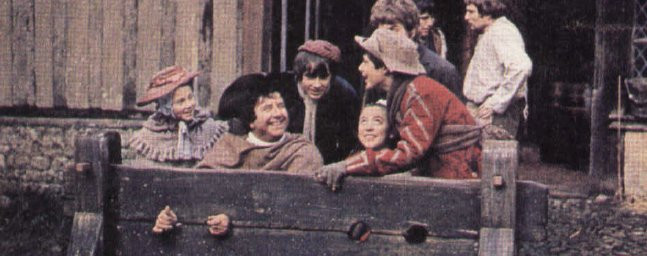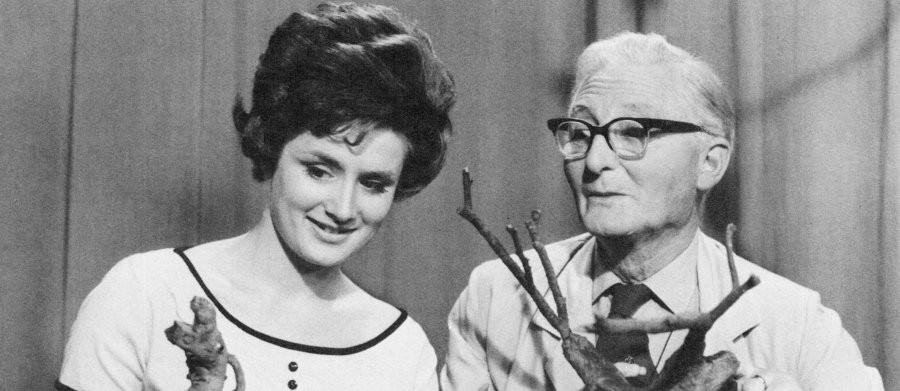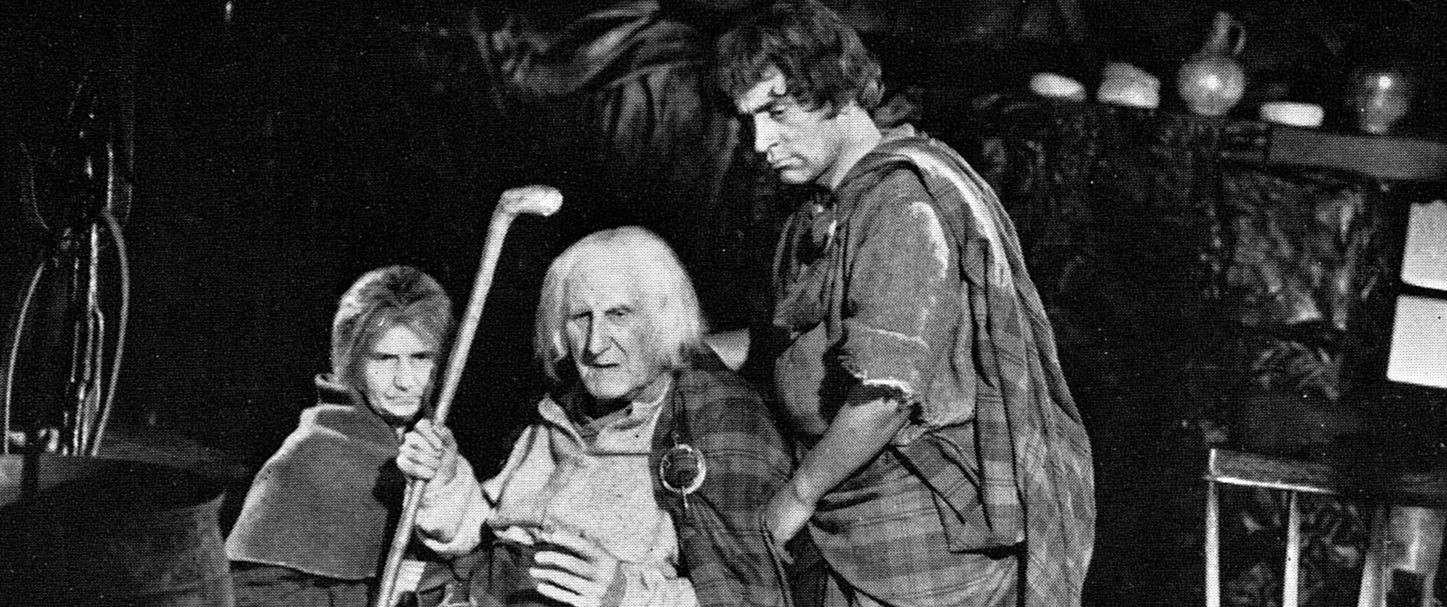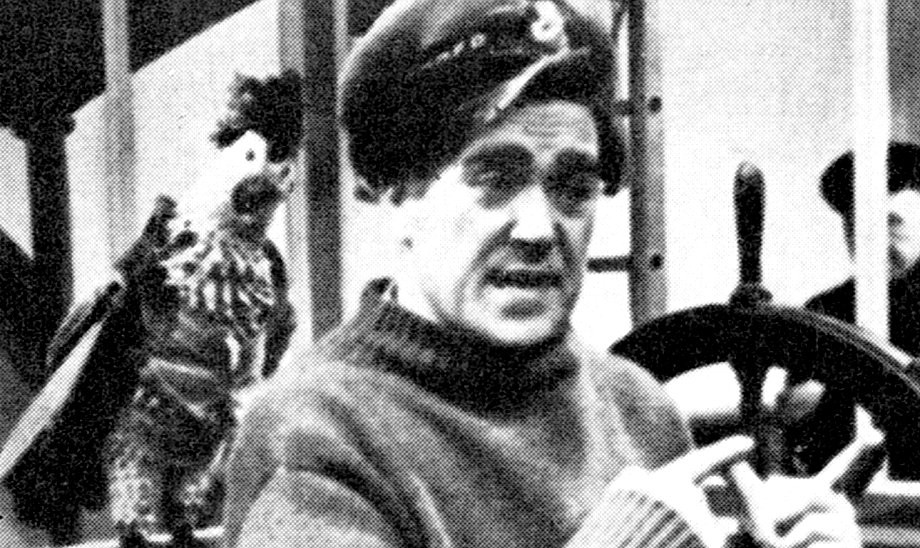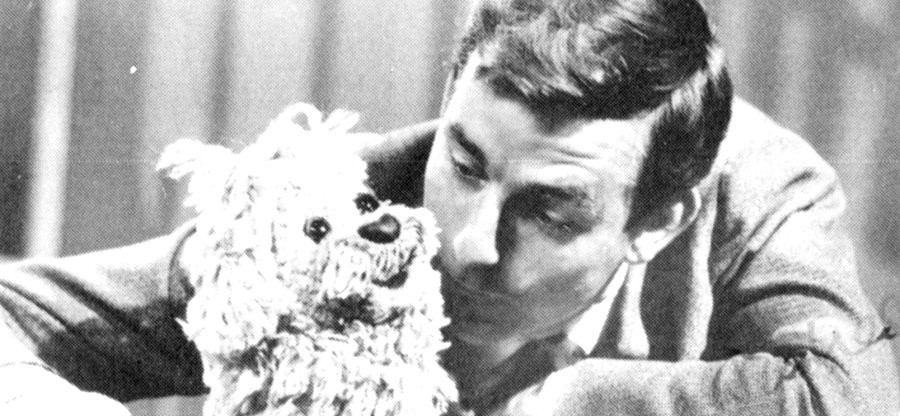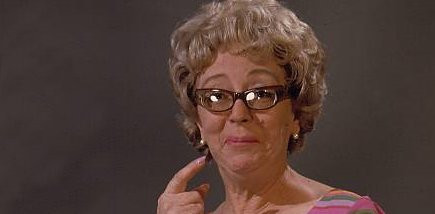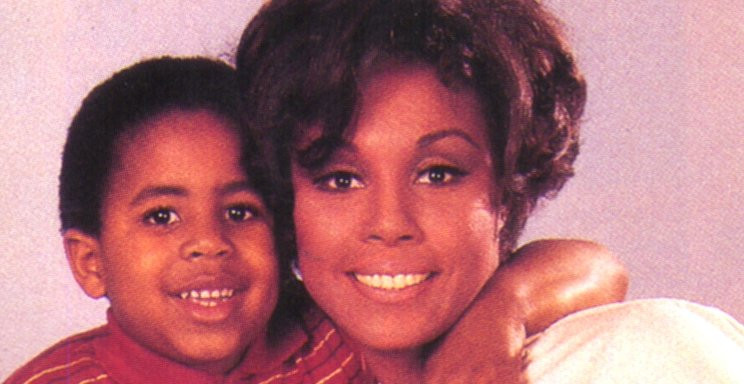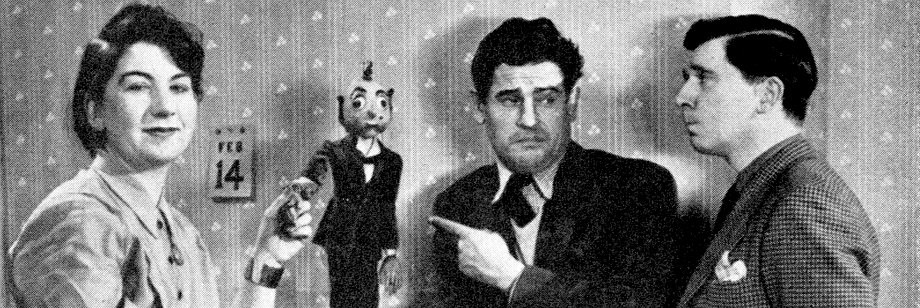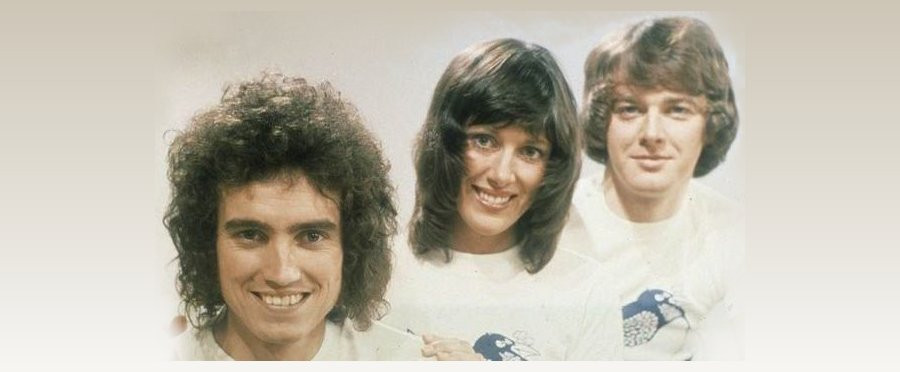
Magpie
1968 - United Kingdom"One for sorrow, two for joy, three for a girl and four for a boy, five for silver, six for gold and seven for a secret never to be told..."
Transmitted live twice a week from Thames Television's Teddington studios, Magpie was ITV's answer to Blue Peter, given a groovy image and focusing more on pop music, fashion and fun.
Initially presented by Susan Stranks, Tony Bastable and former Radio 1 DJ, Pete Brady, the series broke away from its rival's middle-class image right from the opening credits with its rock based theme music, itself based on an old rhyme: "One for sorrow, two for joy, three for a girl and four for a boy, five for silver, six for gold, seven for a secret never to be told." (The show's mascot was a fat Magpie by the name of Murgatroyd). According to Susan Stranks, a former child actor and RADA graduate who had previously appeared on Emergency-Ward 10, the title for Magpie was chosen from 'mag' to indicated the magazine side of the show and 'pie' to represent the surprise element. "At first the show was presented live," recalled Stranks some years later. This led to a series of mishaps that were likely to befall any live broadcast. One incident involved trying to whip cream to a peak during a cookery demonstration but under the hot studio lights it just dissolved. Other incidents were a little more serious, recalled Stranks: "I took part in a balloon race in Sussex. We landed safely, but before I could climb out of the basket the balloon exploded. I was knocked out by the sound box strapped to me and still have the scar today."
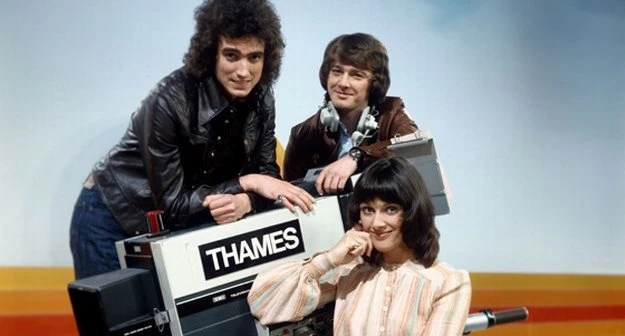
The series included special educational features such as the historical segment 'A Date With Tony' and the 'ABC Of Space' with ITN's science correspondent Peter Fairley, but maintained a balance with the adventures of 'Captain Fantastic,' (which had been imported from the hit comedy show Do Not Adjust Your Set), and its ability to tap in to the latest trends. The series began on 30th July 1968, which was also Thames Television's first day of broadcasting, and initially only went out once a week before changing to Tuesday's and Thursday's in 1969, then Tuesday's and Friday's from 1972. In 1971 Magpie made newspaper headlines when a teenager saved a boy by giving him the kiss of life as he'd seen it demonstrated on the show. "Some parents disapproved of us because we were raw and racy, and wouldn't let their children watch," recalled Susan Stranks. "But we got plenty of fan mail and were often recognised in the street. Lots of adults watched the show, too. Even now men say they fancied me and some say they watched because I didn't wear a bra!"
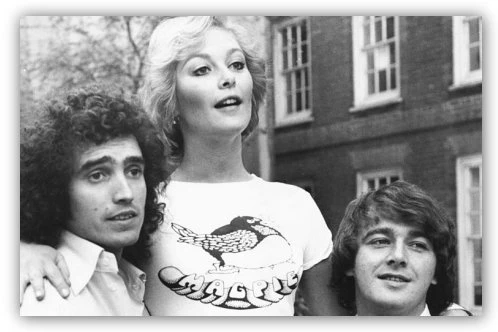
Like Blue Peter, Magpie also ran an annual charity appeal, but whereas the BBC show got contributions in old books and milk bottle tops, the ITV show had no qualms about asking its young audience for hard cash. Thus was born the 'Magpie Sixpence Appeal' and the amount collected was indicated by a red line running first around Studio 3, then (depending on the amount collected), out into the corridor and around the entire Teddington Studio complex. Magpie also awarded badges, although they offered ten different types depending on the achievement of the recipient. Both Brady and Bastable left in 1972 to be replaced by Marc Bolan lookalike Mick Robertson, and Scotsman Douglas Rae. Jenny Hanley took over from Susan Stranks in 1974. "I left because I felt we were starting to do items we'd done before" said Stranks, who created and presented another show for young children called Paperplay. She later quit television to bring up her young son. The only other change to Magpie came when Tommy Boyd replaced Rae in 1977.
All three original presenters were invited back for Magpie's last show on 6th June 1980. Mick Robertson went on to present Freetime and later to produce Channel 4's Wise Up. Susan Stranks began writing books and poetry for children before starting up AbracaDABra, a children's digital radio station in 2002. Tony Bastable passed away in 2007 aged 62 years.
Although entertaining and informative in its own right, ultimately, the series was doomed to be a hipper, but far less enduring series, forever overshadowed by the monumental and firmly established Blue Peter. Ultimately, Magpie was an enjoyably worthy, but late arriving David, who ultimately could not vanquish the field's established Goliath.
Seen this show? How do you rate it?
Seen this show? How do you rate it?
Published on January 2nd, 2019. Written by Humar (2000 & 2011) for Television Heaven.


